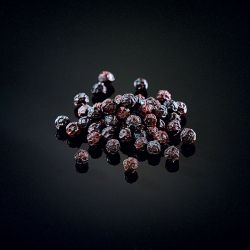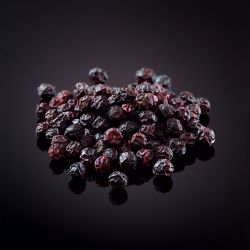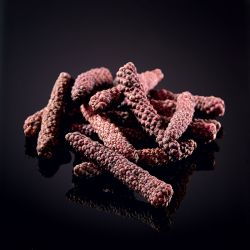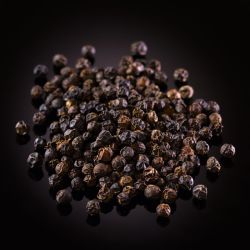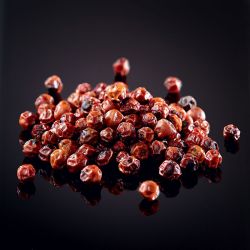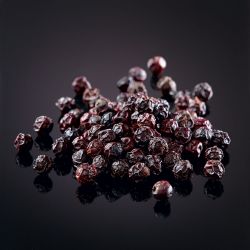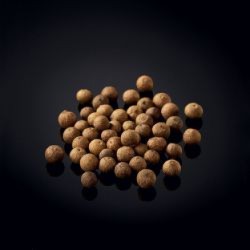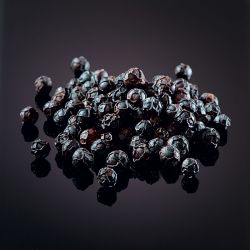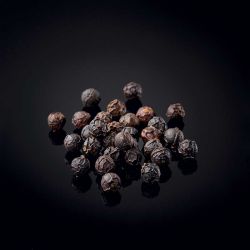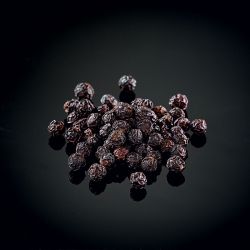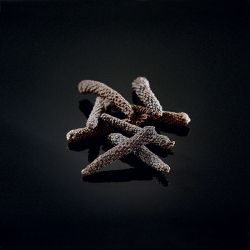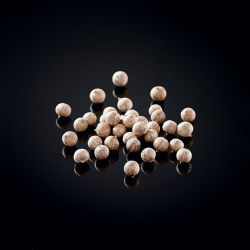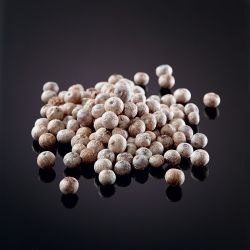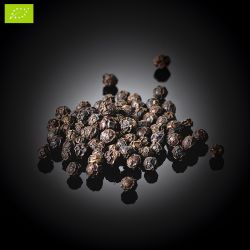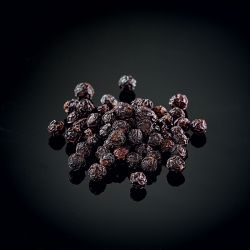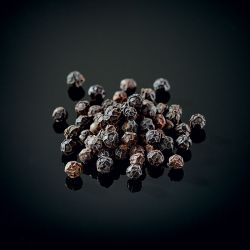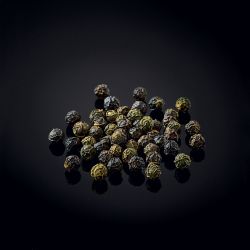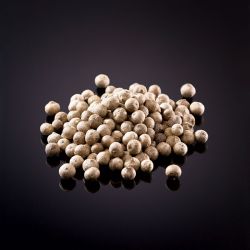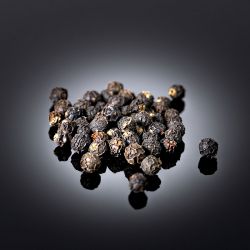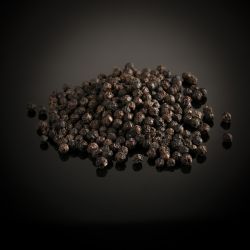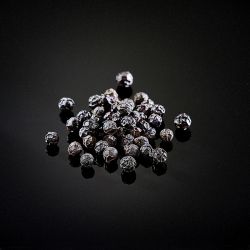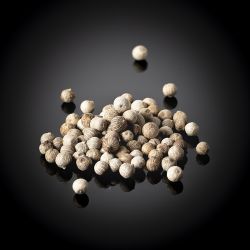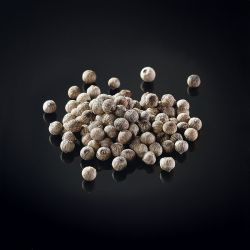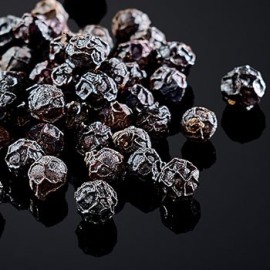
Peppercorns
Pepper originates from the Malabar Coast in southwest India. It is a vine belonging to the Piperaceae botanical family and is now found in many countries in the tropical belt.
Real pepper comes from the tropical Piper Negrum lianas from which white, black, red or green pepper is obtained, and Piper Longum, the long pepper. Others are in the form of a berry with a tail.
Fake peppers have all the pungency of real peppers. Some are sweeter or fruitier.
They are in fact derived from another plant, quite different from the Piper.
Active filters
What is a pepper?
Piper Nigrum King of the spices
Pepper (Piper Nigrum) originates from the Malabar Coast, in the south-west of India. It is a vine which belongs to the Piperaceae botanical family. Today it is found in many tropical belt countries.
Whether it is green, black, white or red, it is the same fruit.
Pepper grows in clusters. Green pepper is a fruit picked before maturity. It is subtly spicy, delicately hot and very fresh.
We rarely see it in our markets. It is typically found dehydrated or brined. The grains yellow as they ripen. They are generally picked at this stage of maturity. When dried in the sun, they wrinkle and turn brown, becoming black pepper. At full maturity, the fruit turns a shimmering red colour. It is then soaked in rainwater basins and its skin is removed. After a long period of drying in the sun, white pepper is obtained.
Red pepper (mature fruits) shouldn't be confused with "pink pepper ", incorrectly named because it does not belong to the Piperaceae family. Another language mistake - "grey pepper". It doesn't exist! It is actually a mixture of poor quality white and black pepper powders. It isn't of great interest to us.
Rules and usage tips
Never buy pepper as a powder. Its aromas are subtle and disappear quickly when it is milled. Avoid aggressive cooking as it makes it bitter and burnt.
Preferably use a pepper mill on your dishes when serving. It looks elegant and the odours are intoxicating.
The regular use of different peppers will convince you of their diversity. The use of these peppers will not fundamentally change your cooking, but it will customise your dishes by bringing them a touch of exoticism and taking you on a journey.
Why use several peppers?
In our kitchens today we use several different olive oils or vinegars because they are different, so then why should we always use the same pepper?

